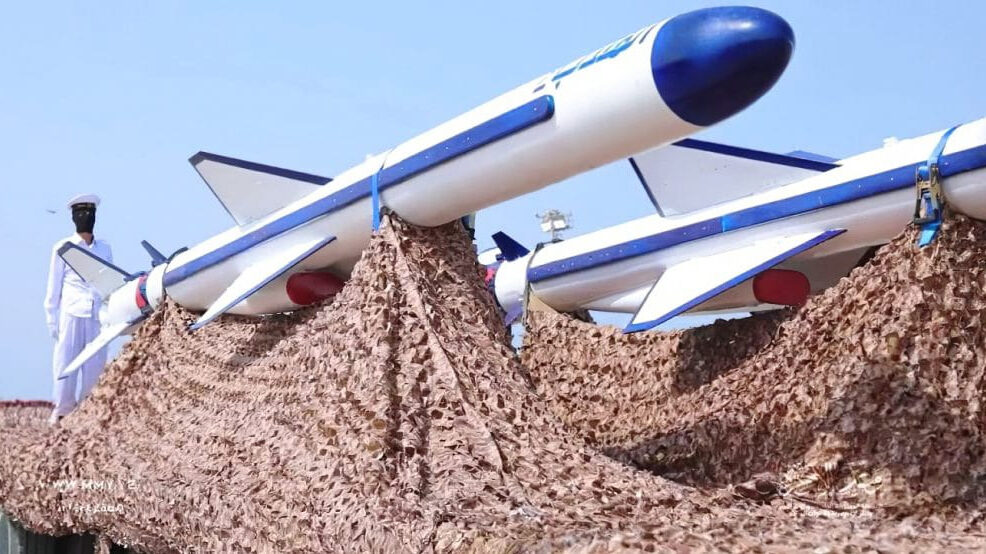The U.S. Central Command (CENTCOM) announced on January 20 that it had struck an anti-ship missile in Yemen that the Houthis (Ansar Allah) were preparing to launch in the direction of the Gulf of Aden.
“U.S. forces determined the missile presented a threat to merchant vessels and U.S. Navy ships in the region, and subsequently struck and destroyed the missile in self-defense,” the command said in a statement posted on X, formerly known as Twitter.
CENTCOM alleged that its strike “will make international waters safer and more secure for U.S. Navy and merchant vessels.”
This was the U.S. seventh strike against the Houthis this week. The strike was not reported by the Yemeni Al-Masirah TV, which is linked to the group.
The Houthis, who are backed by Iran, began attacking merchant ships in November, saying they were responding to the Israeli war on the Palestinian Gaza Strip. Since then, the group has launched dozens of attacks on Israel-affiliated ships passing through the Red Sea.
The U.S. and its allies, including the United Kingdom, formed a naval coalition and began launching strikes on Yemen in response.
However, the Houthis remain undeterred. According to a recent report by The Washington Post, the U.S. is now preparing for a sustained military campaign against the group.
Officials in the administration of President Joe Biden told the publication that the aim of the planned military campaign is to erode the Houthis’ advanced military capabilities just enough to curtail their ability to target shipping in the Red Sea and Gulf of Aden or, at a minimum, to provide a sufficient deterrent so that risk-averse shipping companies will resume sending vessels through the region’s waterways.
The officials didn’t identify no end date or provide an estimate on when this goal could be achieved, thus it is safe to assume that the U.S. may be embarking on yet another years-long war in the Middle East.







the new yankee plans will fail lmao
nope, not this time,
if you know the history of this doctrine, it actually worked and if the united states maintained this doctrine as they did with saddam hussein, they would have saved a ton of money and spared a lot of american lives instead of a failed occupation of iraq.
the future of middle eastern diplomacy is containing not invading opposing middle eastern states.
houthis love beeing barbecued 😆😆😆
an international conference is necesary to resolve the issue of israel and palestine once and for all. this is an open sore which impacts upon the wider world. it seems to me that a one state solution is necessary based on the lebanese model.
wrong. do you watch too much tv. israel was created after wwii with the assistance of one of the winners (us uk) and the acceptance of the other winner (ussr). what ussr (soviet union) did not saw at the time of the creation of the state israel was the strategy behind “zionism”, it was a direct attack to the muslim world, to proyect western power (us uk) over muslim world.
israel is the borders of the usa empire, israel were used to destroy and weaken all the muslim countries around them. the arab spring would never be possible without the state of israel.
finally, the usa empire is showing their hidden teeths again, they had swear not to use theirs teeths in the new strategies developed after year 2016. but, if international marine routes were disrupted, western world will continue to raise prices and their currency would lose real value. it hurts western world every time their commercial ships are attacked.
houthi’s should just sink a us ship already. it would prompt a severe response, but the damage to us would be severe as well. this would cause trouble in the states and israeli allies would suffer. then threaten to sink all their ships. this would be make or break for us against houthis. as ritter said, how long can us afford to be israels bitch? as us said they killed ussr with economic attrition, so resistance is with us today.
remember the situation in usa is same as in ukraine. the us government will also fight to the last useful idiot.
it’s very important that in every message they include the words “in self defence”